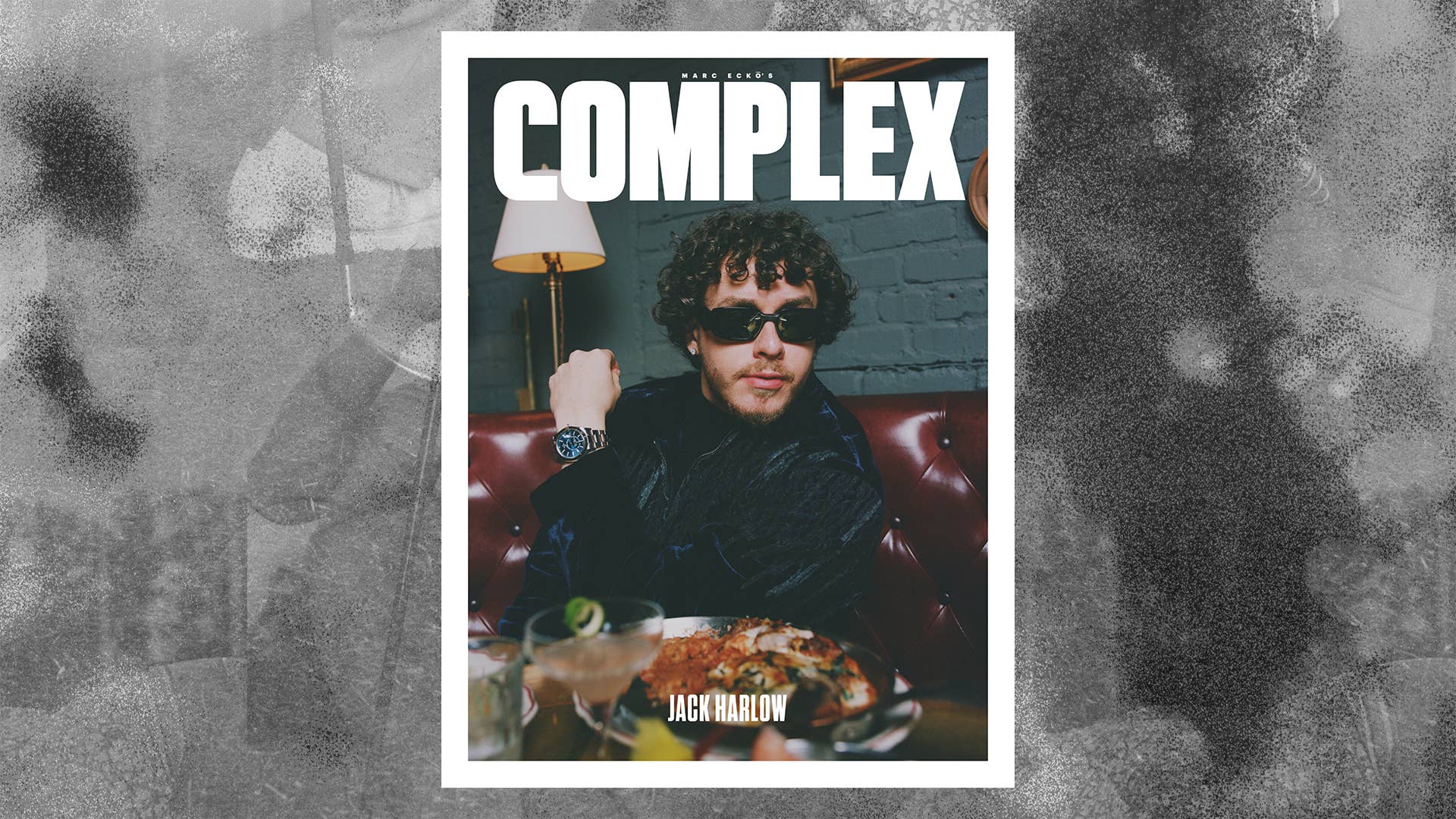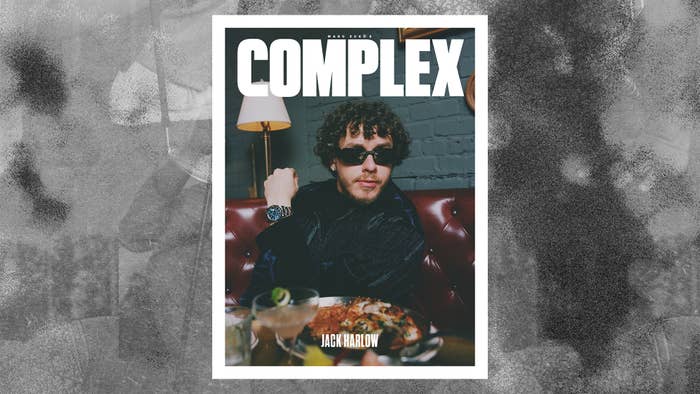
Jack Harlow keeps calling himself a narcissist. He and I are sitting in a pair of chairs placed between the bed and the floor-to-ceiling windows in a room at the Loews Atlanta Hotel when he says it the first time. I tell him that’s not a characteristic most people would want to attribute to themselves. He shrugs, smirking. “I study what I’ve done. It has led to a little bit of self-centered [behavior], but that’s what has made me the artist I am—my self-awareness. I go back and listen and say, ‘That wasn’t it, Jack.’ Or I watch a video: ‘I can do this better.’”
Of course, this doesn’t mean Harlow is a narcissist—a personality trait associated with an outsized sense of self that leads to a lack of empathy for others. The term he’s probably looking for is “perfectionist.” I see glimpses of his work ethic over the two days we spend together in August. On set for the photoshoot accompanying this story, Harlow is both fun and friendly, but there’s an intensity about him and the way he works. He’s particular about the small details on set, asking questions about staging and tweaking skits that include him and his cover co-star, Druski.
As the crew takes photos at Topgolf, a popular hangout in the city, Harlow becomes fixated on an idea. Shaking a canister of toothpicks he keeps in his pocket, the rapper places one between his teeth while calmly flagging down an employee driving around the range collecting golf balls. Before long, Harlow’s behind the wheel, posing for photos, as Druski holds up a camouflage speaker and blasts Akon’s “Right Now (Na Na Na)” nearby. Later in the evening, when the crew has traveled to the last set, a nearby BP gas station, to capture Harlow and Druski in a 1996 Mercedes- Benz convertible, Harlow makes a point of getting to know the car’s owner, just as he has done with other crew members throughout the day. It’s not raining enough to shut down the shoot, but Harlow is worried about the vintage car’s interior getting too wet. Between posing for photos with Druski, he continuously checks in with the owner of the Benz to make sure he’s comfortable with continuing.
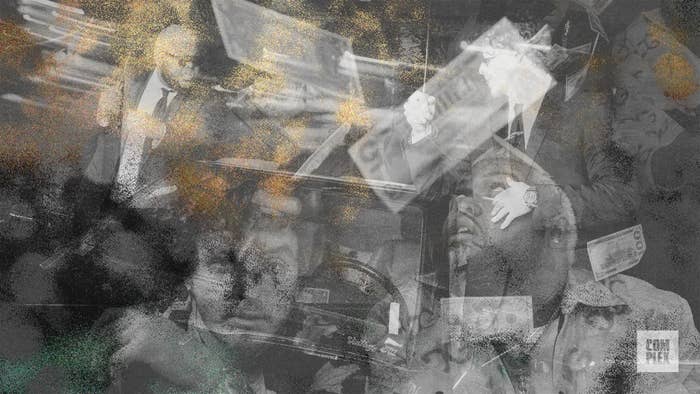
Moments like these, of humor and humility, illustrate the persona that helped catapult the rapper to mainstream stardom. For more than a year now, Harlow, 23, has been a rapper to watch, a heartthrob thanks to his blue eyes, bouncy brown curls, and charming grin, and an intentional source of laughter for fans, many of whom came to know him thanks to the 2020 hit single “Whats Poppin.” Following the release of his first studio album, Thats What They All Say, which debuted at No. 5 on the Billboard 200, Harlow capitalized on his success with a number of collaborations. In addition to appearing alongside Lil Nas X on the viral hit “Industry Baby” (Harlow shows up in the music video as a prisoner who has an affair with a guard and helps facilitate a prison riot), the rapper recently released “SUVs (Black on Black)” with Pooh Shiesty. Even when he’s faced criticism, both for how he navigates hip-hop as a white artist and his choice of collaborators (a remix of “Whats Poppin” last year featured DaBaby, Tory Lanez, and Lil Wayne), Harlow has mostly managed to swerve around any major controversies.
“I’d hear Outkast, or I’d hear Drake, or I’d hear Kendrick Lamar talk about where they’re from and rep it. And I was like, ‘Who’s going to do that for Louisville?’” – Jack Harlow
Popularity isn’t his sole aim, though, nor is mere chart success. Yes, Harlow’s had hits—“Whats Poppin” and “Tyler Herro” have been everywhere—and he’ll likely have more. And he’s had viral moments, like when he and Druski filmed themselves driving to the sounds of “The Groove Merchant.” But the attention isn’t what drives him. The Louisville, Kentucky, native with the nonchalant flow and penchant for memorable hooks wants to have a lasting impact on rap—not just for himself, but for his hometown, which until recently has largely gone overlooked in hip-hop. He wants to build a legacy, and he wants to bring his people along for the ride. And he’s doing that one song at a time.
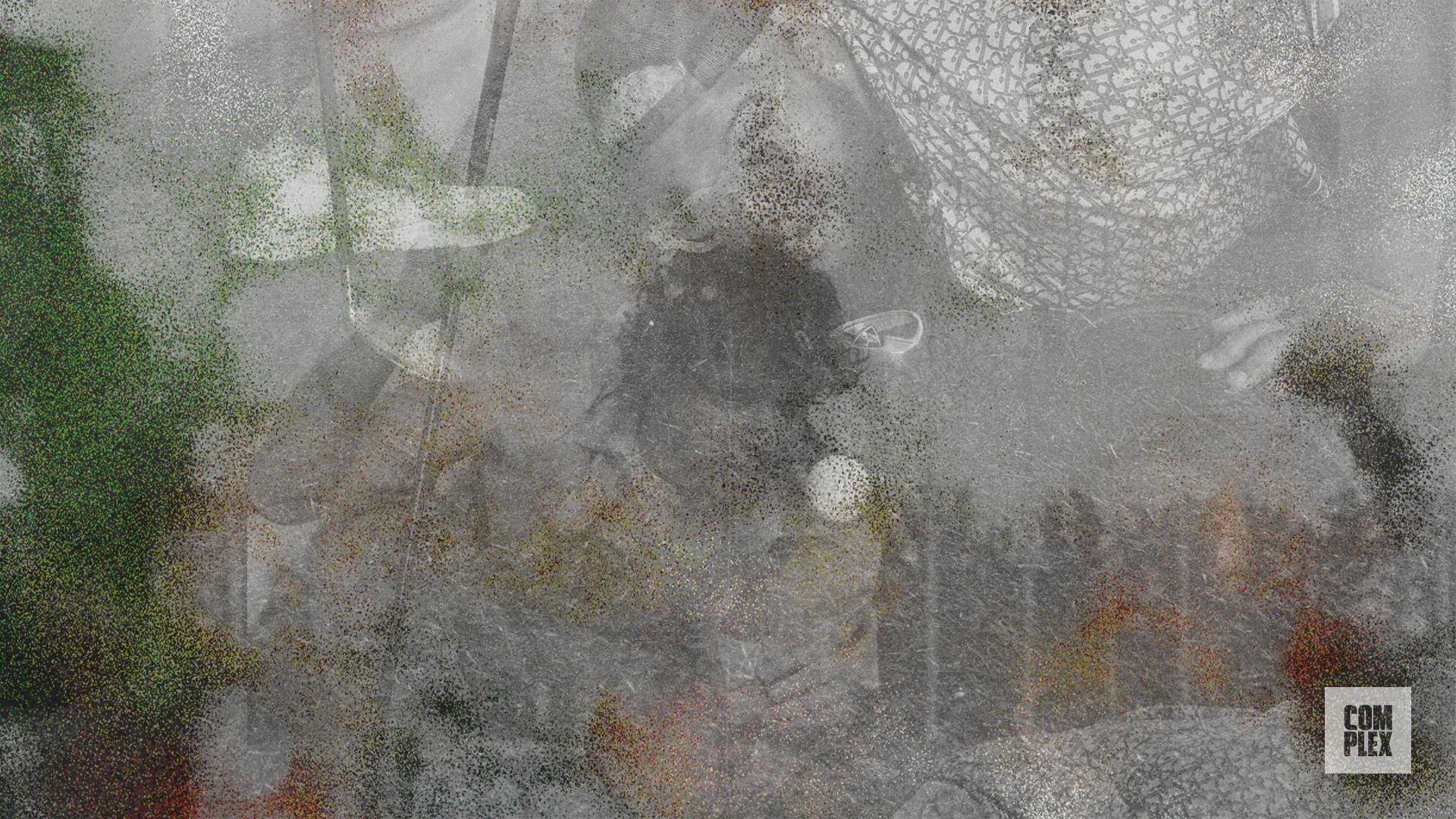
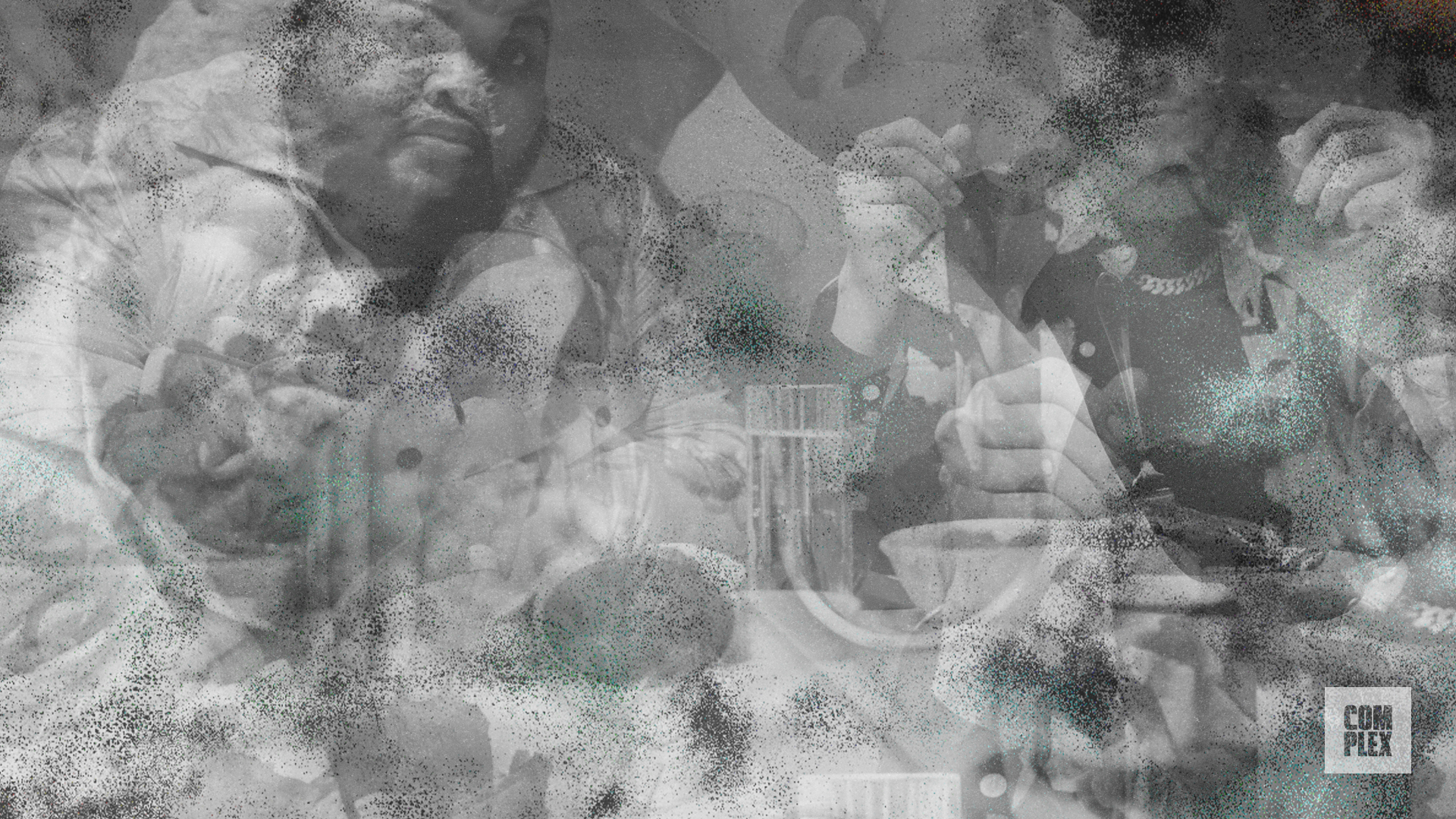
He’s also committed to bringing his own friends up, even if you don’t hear them in his music. He counts several as advisers and surrogate A&Rs. Harlow pulls out the Jordan analogy, likening them to his Pippens or Phil Jacksons. “I give myself all the pressure I need,” he says. “I give myself a lot of pressure. But if you feel like you’re fit for that role, it’s motivating. Because there’s basketball players that wanted the shot at the end of the game, and then basketball players that was like, ‘Yo, don’t throw it to me. He should take it.’ And there’s nothing wrong with that. That’s in everybody’s nature, but I want the ball.”
“[You] move around with a small circle because only a few people can be given that access and be trusted. People are going to fumble it. People are going to f*ck it up for all of us.” – Jack Harlow
Which is not to suggest that everyone Harlow grew up with can play for his Chicago Bulls. At a certain point, decisions were made about who could and could not be included in his evolving life. “I used to just take a video of myself, not thinking about what’s behind me,” he says. “Can people recognize it? People think artists get bigger and they switch up. ‘They only kick it with these people now. Oh, they cut everybody off.’ And it’s like, you’re forced to, because you can’t expect 30 people to honor how you have to move. [You] move around with a small circle because only a few people can be given that access and be trusted. People are going to fumble it. People are going to fuck it up for all of us.”
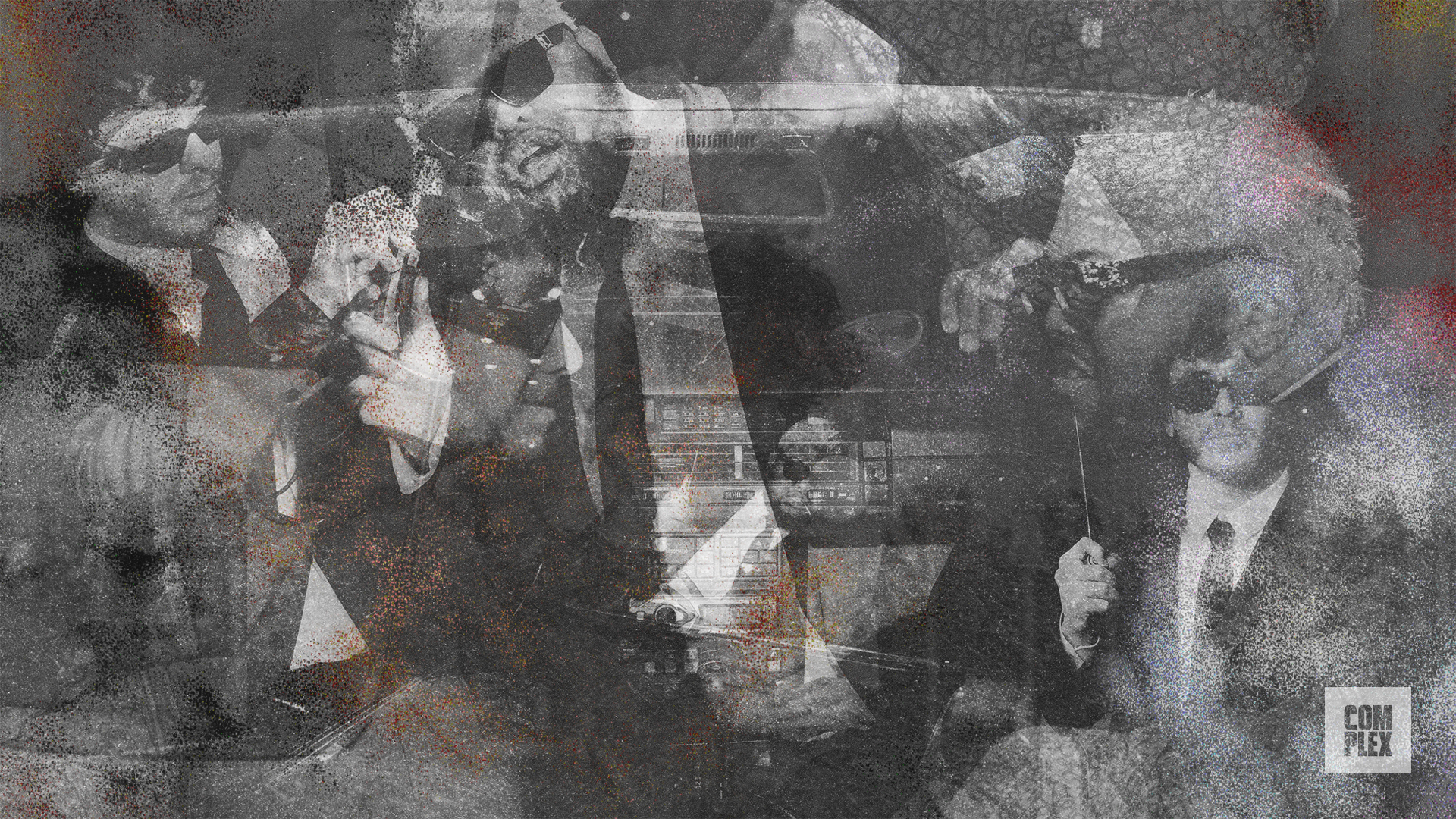
Among those outside the group playing a part in his career is DJ Drama, the Generation Now exec who signed Harlow in 2018. Drama calls the success of Thats What They All Say and Harlow’s performance on Saturday Night Live earlier this year proud moments. Harlow, he says, is ready to show the world he’s capable of repeating what he’s done. “He’s had such a big record, and now his celebrity is as large as his music is,” Drama says. “We want to create more music that can catch up to that, if not be bigger than ‘Whats Poppin’ and what he’s already produced.”
That music, Harlow explains, will sound “more expensive” than his debut. Now, Harlow’s looking beyond the charts. “One thing that’s been on my mind is, like, I don’t just want to be somebody that came in the game and was really good and told their story, talked about themselves and had a good voice,” he says. “If there’s a tree in hip-hop, I want to add a branch. I want, in 20 years, people to be able to say, ‘He did this.’”
“If there’s a tree in hip-hop, I want to add a branch. I want, in 20 years, people to be able to say, ‘He did this.’” – Jack Harlow
More immediately, Harlow is headed back on tour, allowing fans throughout the country to hear Thats What They All Say live for the first time. That’s an aspect of his job that Harlow has missed over the past year and a half. “You get paid to travel,” he says. “You see cities you’ve never been [to and get to] take your friends with you. You’re partying every night to your music. People are screaming [your music]. It’s everything a narcissist could ask for.”

